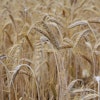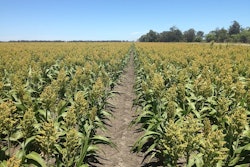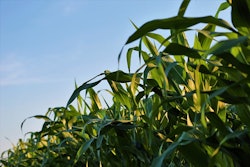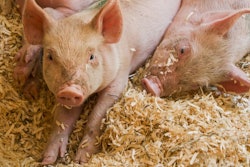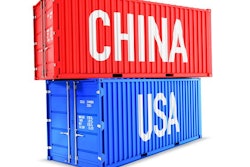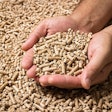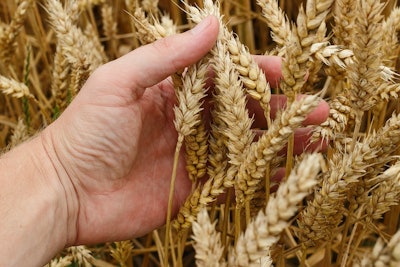
U.S. Wheat Quality Tour: North Dakota Yields Decline
The Wheat Quality Council continues with its annual 2019 spring wheat crop tour this week in North Dakota, Minnesota and parts of South Dakota.
The estimated 40.6 BPA for the northern part of the state is a decline from last year’s yield estimate of 41.3 BPA and is a departure from the 5 year average of 43.9 BPA.
The average yield for the southern portion of North Dakota and parts of Minnesota at 43.1 BPA, up from 38.9 BPA in 2018 and the five-year average of 43.9 BPA.
The tour is conducted by the Wheat Quality Council, a private organization, which is composed of teams of “scouts” that include representatives from the milling/baking industries, government and from university.
The council will release their final spring wheat estimates today, July 25, at noon.
What It Means for the U.S. Farmer: At FBN we believe that the varied yield estimates are not a surprise given the weather this year. With the USDA reporting a modest 6% YoY decline in planted acres we believe that a reduction in yields can suppress production in North Dakota which can be supportive the wheat complex.
U.S. and China To Continue High Level Negotiations Next Week
For the first time since May, U.S. Treasury Secretary Steven Mnuchin and Trade Representative Robert Lighthizer will meet with Chinese Vice Premier Liu He for trade-related talks in Shanghai.
Talks between the two countries collapsed in May after China reneged on promises made in earlier negotiations.
The discussions continue to focus on intellectual property, forced technology transfer, non-tariff barriers, agriculture, services, the trade deficit, and how any deal is enforced.
U.S. soybeans continue to be at the top of the list of agricultural items. While, the Chinese have made “good will” purchases of U.S. soybeans around high-level negotiations, the reported USDA export volume has been behind the required pace suggesting that cancellations could materialize or volume be pushed back into the 2019/20 marketing year.
What It Means for the U.S. Farmer: At FBN we believe that the continuation of high level U.S./Chinese trade talks can be a positive for the U.S. farmer. While we remain concerned about the current export pace of U.S. soybeans to China, we would like to see some “concrete” and meaningful details from the negotiations as it pertains to U.S. agriculture.
The risk of trading futures, hedging, and speculating can be substantial. FBN BR LLC (NFA ID: 0508695)


